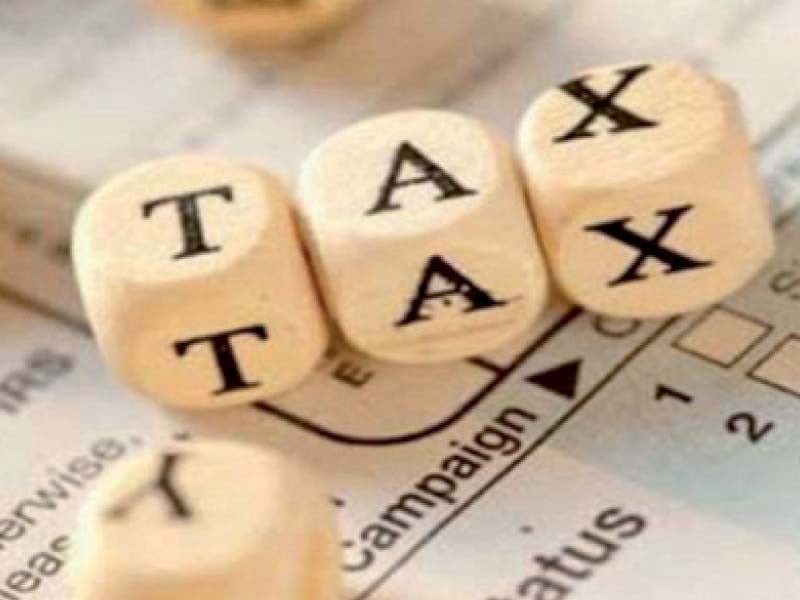
Pakistan Business Council (PBC), while keeping the current economic troubles in mind, has presented budget proposals for fiscal year 2024-25 and underlined the need for taxation measures to spur the economy.
Its recommendations comprise rationalisation of tax rates to stop the exit of talent from the country, discouraging the use of cash through digitalisation and letting ministries do policymaking excluding the Ministry of Finance.
The PBC divided its proposals into five sections including broadening the tax base and providing a level playing field for domestic manufacturing; promoting industrialisation, growth and job creation; consolidation of businesses to improve competitiveness; reducing the cost of doing business; and helping Pakistan meet its commitments to the UN for achieving the sustainable development goals and meeting the challenges of climate change.
Pakistan’s tax regime needs fundamental reforms for a sustainable growth of the country and tax revenues. These reforms are contingent on the political will to target the people outside the tax net and the FBR’s capability to implement the required measures.
These will take time to deliver results. In the meantime, according to the PBC, any knee-jerk revenue-seeking actions undermine the earnings of businesses in the formal sector and hence the long-term tax revenues.
To support that, the PBC urged the separation of fiscal policymaking from tax collection, by giving the policymaking role to the ministries of planning, commerce, investment, industries and finance, but away from the direct control of the Ministry of Finance. The major thrust of the proposals is on the revival of manufacturing, agriculture and services sectors. Pakistan is de-industrialising at a rapid pace and it is slowly turning into a “nation of traders”, primarily due to the faulty policies pursued by successive governments, which favour imports over domestic manufacturing.
The PBC believes that to become a middle-income country by 2030, the revival of Pakistan’s manufacturing sector is imperative. Similarly, food security, reducing import reliance, realising the export potential and promoting rural prosperity depend on adopting the right policies to enhance the agricultural yields. There is also a considerable unrealised potential of the services sector, for both exports and domestic productivity.
As part of its overarching “Make-in-Pakistan” theme, the PBC identified three platforms: make more/make better, grow more/grow better and serve more/serve better for generating jobs, promoting value-added exports and reducing reliance on unnecessary imports.
At present, the general sales tax rate is 18% and a 4% further tax is also applied where supplies are made to the unregistered persons. In order to discourage the issuance of flying invoices and encourage the proper reporting of sales, the PBC called for reducing the rate of further tax to 1% or to a maximum of 1.5%.
The number of taxpayers needs to be significantly increased as a narrow taxpayer base is leading to greater pressure on the existing taxpayers.
The PBC pointed out that the FBR had got access to financial data in various forms including the monthly statements submitted by the withholding tax collecting agents. Information from the National Database and Registration Authority, Federal Investigation Agency, Bureau of Immigration and Overseas Employment is also available. “This can be a start to bringing new taxpayers to the tax net.”
In addition, according to the PBC, the FBR has collected data of the tax paid by the non-filers on vehicles, immovable property and capital gains made in the stock market. Discrimination between tax return filers and non-filers, though initially commendable, has now become a revenue measure with no effort to use the data collected to increase documentation and broaden the tax base, it said. Therefore, the advance tax on filers needs to be reduced and significantly increased on non-filers to ease the burden on the tax-compliant people.
Published in The Express Tribune, May 3rd, 2024.
Like Business on Facebook, follow @TribuneBiz on Twitter to stay informed and join in the conversation.



1729662874-0/One-Direction-(1)1729662874-0-165x106.webp)

1732170891-0/BeFunky-collage-(79)1732170891-0-165x106.webp)












COMMENTS
Comments are moderated and generally will be posted if they are on-topic and not abusive.
For more information, please see our Comments FAQ